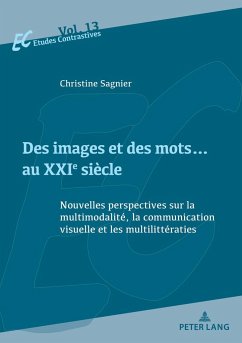
Challenges and Opportunities in Public Service Interpreting
Versandkostenfrei!
Versandfertig in 6-10 Tagen
57,99 €
inkl. MwSt.

PAYBACK Punkte
29 °P sammeln!
Public Service Interpreting is a hugely complex activity, encompassing human, ethical, commercial and political dimensions. It is unseen and unrecognized by most of the population but vital to those who depend on it for their security or wellbeing. The quality of PSI provision is seen by the authors as a clear indicator of how a society views and responds to the realities of a multi-ethnic and multilingual global community. Following recent significant changes in the power balance between them this book explores the increasing tensions among multiple stakeholders who together deliver such a fu...
Public Service Interpreting is a hugely complex activity, encompassing human, ethical, commercial and political dimensions. It is unseen and unrecognized by most of the population but vital to those who depend on it for their security or wellbeing. The quality of PSI provision is seen by the authors as a clear indicator of how a society views and responds to the realities of a multi-ethnic and multilingual global community. Following recent significant changes in the power balance between them this book explores the increasing tensions among multiple stakeholders who together deliver such a fundamental service in a modern open society. Chapters focus on how all stakeholders need to appreciate the wider context of political and economic realities whilst collaborating more responsibly to deliver the conditions, training and support needed for expert linguists to be attracted to and retained in this vital profession.












